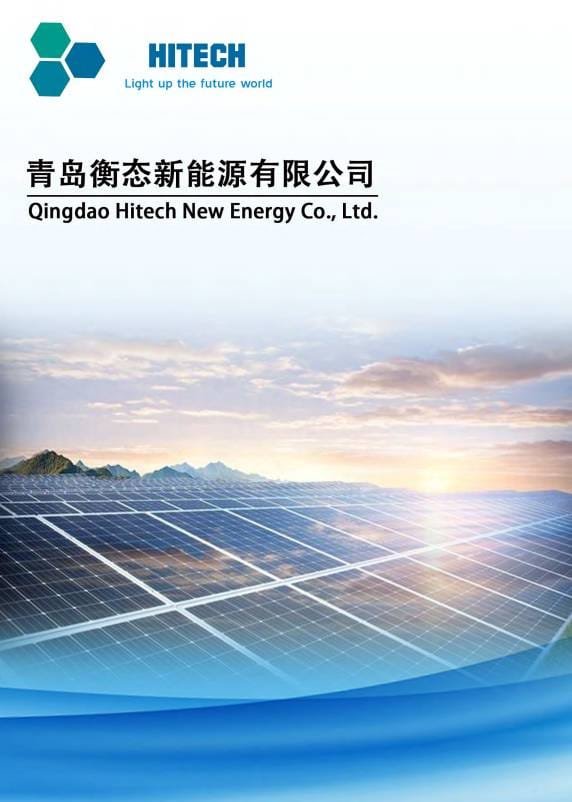As cities and rural areas strive for sustainability, solar street lighting has emerged as a key solution. Traditional street lights consume large amounts of electricity, increasing energy costs and environmental impact.
Solar street lights provide a renewable, cost-effective, and independent lighting solution, reducing carbon emissions and promoting energy security.
With global adoption increasing, solar-powered lighting is becoming a fundamental part of modern infrastructure.
What Are Solar Street Lights?
Solar street lights are self-sustaining outdoor lighting systems that use solar energy to power LED lamps.
They improve urban and rural infrastructure by providing reliable lighting, reducing dependence on fossil fuels, and enhancing security in public spaces.
Social Impact of Solar Street Lights
- Enhanced security – Well-lit streets reduce crime rates.
- Improved road safety – Reduces accidents in poorly lit areas.
- Supports economic activities – Extends business hours in rural markets.
Components of a Solar Lighting System
| Component | Function |
|---|---|
| Solar Panels | Convert sunlight into electricity. |
| Battery | Stores energy for nighttime use. |
| LED Light | Provides long-lasting, energy-efficient illumination. |
| Pole & Mounting Structure | Supports the system and determines lighting height. |
| Controller | Regulates battery charging, lighting schedules, and energy efficiency. |
Types of Solar Street Lights
1. Normal/Standalone Solar Street Light
Standalone systems have separate components mounted on the pole.
Best for urban areas where space allows larger installations.

2. Two-in-One Solar Street Light
This type integrates the battery into the LED fixture, making the system more compact.
Ideal for installations where space efficiency is required.
3. All-in-One Solar Street Light
All components—including the battery, LED, and controller—are combined into a single unit.
These lights are easy to install, require minimal maintenance, and offer a sleek design.
How Does a Solar Street Light Work?
- Daytime: Solar panels absorb sunlight and convert it into DC electricity.
- Storage: The battery stores excess energy for nighttime use.
- Nighttime Activation: A photoreceptor detects darkness and switches on the LED.
- Continuous Operation: Lights remain on for 10-12 hours per night.
Major Benefits of Solar Street Lights
1. Environmental Benefits
Solar street lights are eco-friendly, reducing carbon emissions and energy consumption.

- No CO₂ emissions – Completely powered by renewable energy.
- Minimal land impact – No need for trenching or wiring.
- Wildlife-friendly – Reduces light pollution in sensitive areas.
2. Cost-Effectiveness
Solar street lights eliminate electricity bills and have a longer lifespan than traditional lights.
| Factor | Benefit |
|---|---|
| Zero electricity cost | Entirely powered by solar energy. |
| Long lifespan | LEDs last 15,000 – 50,000 hours. |
| Minimal maintenance | No underground wiring or frequent repairs. |
3. Smart Technology Integration
Modern solar street lights are equipped with smart sensors and remote monitoring.
- Adaptive brightness – Motion sensors adjust lighting levels.
- Remote control – Operators can track energy consumption.
- Smart scheduling – Lights adjust automatically to weather conditions.
4. Increased Lifespan & Reliability
- No dependency on power grids – Works during blackouts.
- More durable than sodium or halide lights – Designed for harsh weather conditions.
5. Simple and Quick Installation
No wiring or trenching is required, reducing installation time and costs.
6. Reduces Insect Swarming
LEDs emit minimal UV light, which attracts fewer insects than traditional bulbs.
Limitations of Solar Street Lights
Despite their advantages, solar street lights have some challenges.
| Limitation | Impact |
|---|---|
| Higher initial cost | More expensive than conventional street lights. |
| Weather dependency | Less efficient in areas with minimal sunlight. |
| Risk of theft | Batteries and solar panels can be targeted. |
| Battery replacement | Needs periodic battery replacements over years. |
Cleaning and Maintenance of Solar Street Lights
For optimal efficiency, solar street lights require regular maintenance.

- Clean panels every 6 months – Dust and dirt reduce efficiency.
- Check battery performance – Ensure proper energy storage.
- Inspect LED bulbs – Replace when necessary for consistent brightness.
Factors to Consider Before Purchasing Solar Street Lights
| Factor | Consideration |
|---|---|
| Light Source | LED lights offer better efficiency than halogen. |
| Battery Type | Lithium batteries last longer than lead-acid ones. |
| Heat Dissipation | Poor heat management reduces lifespan. |
| Illumination Levels | Ensure brightness is sufficient for the area. |
| Temperature & Latitude | Adjustable panels are needed for higher latitudes. |
Solar Street Light Prices in India (2023)
| Brand & Model | Price (INR) | Features |
|---|---|---|
| Epyz Plastic 30W | ₹2,932 | High brightness, 4500mAh battery. |
| Hardoll 15W Solar Pillar | ₹2,491 | Fully solar-powered, no wiring needed. |
| Homehop 30W All-in-One | ₹1,899 | 56 LED chipset, 3-day battery backup. |
| Aarmee 90W LED | ₹3,989 | Wide coverage, ideal for security lighting. |
| Goyal 60W LED | ₹3,120 | Waterproof design, durable. |
Top Solar Street Light Manufacturers in India (2023)
- Usha Solar India
- Omega Solar
- Philips
- BM Sun Power Technologies
- Havells
- Tata Power Solar
- SolMitra Power
- Fevino Industries
- Intelizon
- Lokozo Technologies
Government Solar Street Light Projects in India
1. Solar City Program
Cities like Chandigarh, Nagpur, and Kolkata are integrating solar lighting into infrastructure.
2. Smart Cities Mission
Solar street lights are installed as part of urban modernization.
3. Atal Jyoti Yojana
Focused on rural areas, bringing solar-powered lighting to remote villages.
4. Off-Grid Solar Application Scheme
Expanding access to solar lighting in non-electrified regions.
Impact of Solar Street Lights on Indian Villages
- Increased security – Reduces crime rates in rural areas.
- Extended business hours – Markets can remain open longer.
- Reduction in human-animal conflicts – Prevents wildlife encounters at night.
- Higher property values – Well-lit areas attract investments.
How Solar Street Lights Benefit Women in India
- Enhanced safety – Reduces risks in public spaces.
- Greater mobility – Women can travel freely after dark.
- Economic empowerment – Enables women to participate in night markets.
- Improved education – Children can study under solar lights.
Conclusion: Why Solar Street Lights Are the Future
Solar street lights are transforming cities and rural areas with sustainability, cost savings, and smart technology integration.
With government initiatives, increasing affordability, and long-term benefits, solar-powered street lights are becoming the foundation of modern infrastructure worldwide.


